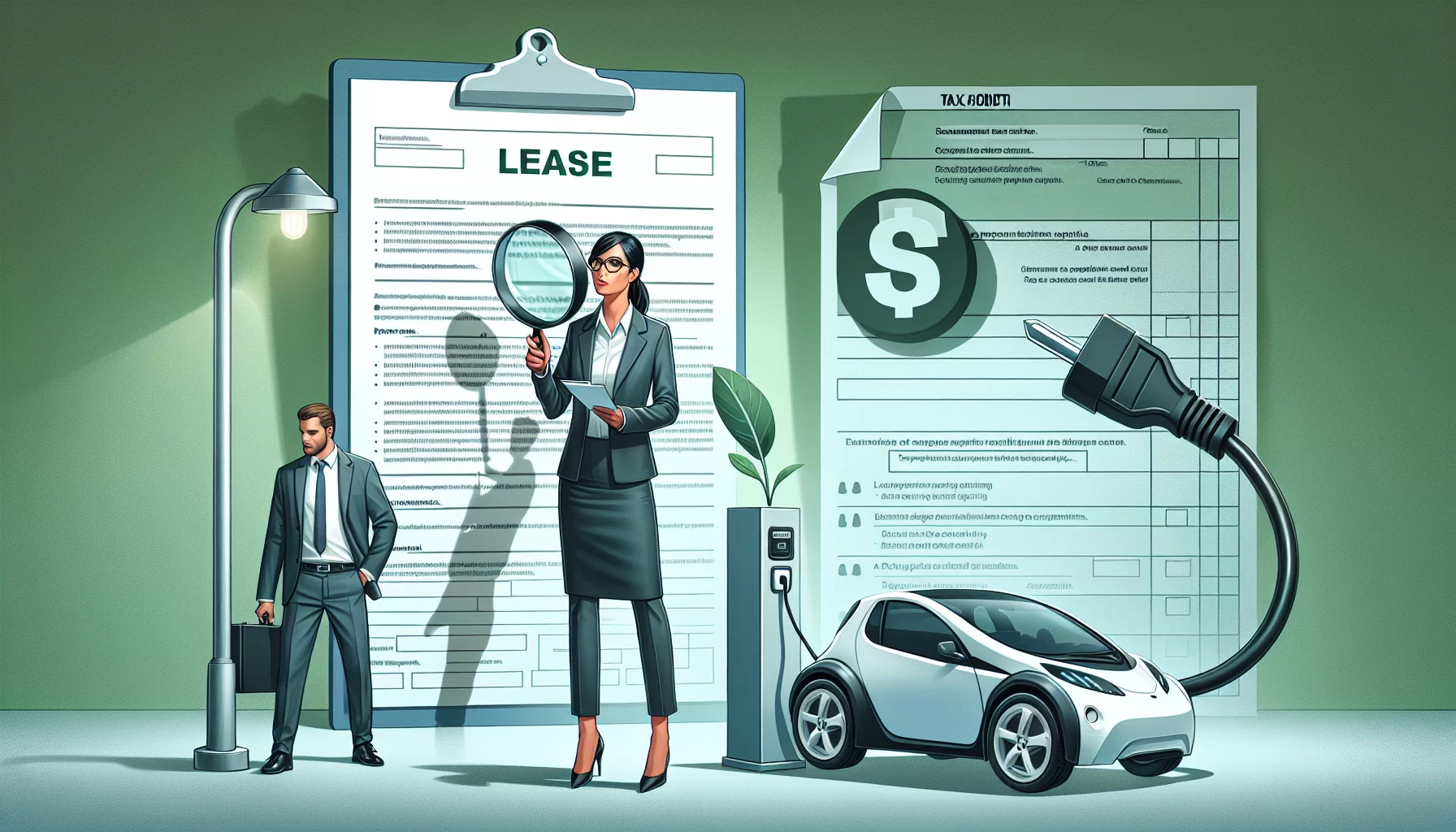The decision to opt for a gas guzzler or an eco-friendly electric vehicle often comes down to more than just a personal preference for sustainability. Financial considerations, like the cost of the vehicle and the availability of tax credits, can significantly sway your choice. Recently, a loophole has emerged that may very well change the calculations for potential EV buyers by making it possible to claim a $7,500 tax credit even when leasing an electric vehicle.
Understanding the existing tax credits on electric vehicles
The US government currently offers a sizable $7,500 tax credit on the purchase of a new electric vehicle. The aim is not only to incentivize individual EV ownership but to enhance the national fleet’s overall energy efficiency as well. However, this credit is not available to those who opt for leasing. Traditionally, the lease company claims this incentive and then factors it into the lease rate to benefit consumers indirectly.
Yet, most consumers continue to be unaware of this arrangement, feeling cheated out of potential savings. Given that leasing has been steadily gaining in popularity over the past few years due to lower upfront costs and flexible terms, this has become an essential issue to address.
Exploring the tax credit loophole for leased electric vehicles
Enter the loophole. It has been pointed out that electric car enthusiasts who lease can, in fact, avail the $7,500 tax break under certain conditions. The tax code states that the credit “may not be passed on.” Now, the IRS relies upon the vehicle manufacturer to communicate this to the lessor, who ought not to factor the credit into the lease payment. Therefore, if a leasing company uses the tax credit to reduce the lease cost, it has inadvertently ‘passed on’ the credit. This act entitles the lessee to claim the same $7,500 tax credit.
This loophole could significantly sway the market dynamics and encourage eco-minded consumers to lease electric vehicles. It’s an excellent opportunity to enjoy the benefits of a green vehicle without the heavy financial burden. It might even force leasing companies to be more transparent about how they apply the tax credits.
As financial opportunities go, this one certainly holds potential. It’s not just about the immediate savings; it’s the shift it represents. By making leasing electric vehicles a more financially attractive option, this loophole could accelerate our shift towards sustainable transportation. It seems a win-win situation for both the consumer and the environment. However, as is often the case with finance, it’s essential to be aware of the intricacies of the process and understand the implications of the choices we make. That’s another good example why financial literacy, in addition to being a powerful tool for personal growth, is also a concrete tool that can directly contribute to environmental conservation.
William Crowler is a finance writer with a keen eye for the stock market, investment strategies, and personal finance management. At 35 years old, William’s blend of professional experience and academic background, including a Bachelor’s degree in Finance from a reputable university, has equipped him with the insights and knowledge to guide his readers through the complexities of the financial world.
Before transitioning into writing, William worked as a financial analyst for a mid-sized investment firm, where he honed his skills in market analysis and investment portfolio management. This practical experience has been invaluable in his writing career, allowing him to offer actionable advice and predictions that resonate with both seasoned investors and those new to the world of finance.
As a regular contributor to a leading online finance news outlet, William covers a wide range of topics, from emerging market trends to tips for budgeting and saving. His articles are celebrated for their clarity, depth, and relevance, helping readers navigate the often-intimidating realm of finance with confidence.
William is particularly passionate about demystifying the stock market for his audience, breaking down complex financial instruments and strategies into understandable concepts. His series on investment fundamentals and market analysis techniques are reader favorites, praised for their informative and empowering content.
Beyond his written work, William is also a frequent speaker at financial seminars and webinars, where he shares his expertise on financial literacy and investment strategies. His approachable manner and ability to translate financial jargon into plain language have made him a trusted figure in the finance community.
Through his writing and speaking engagements, William aims to inspire a more financially savvy public, equipped with the knowledge to make informed decisions and achieve their financial goals.
